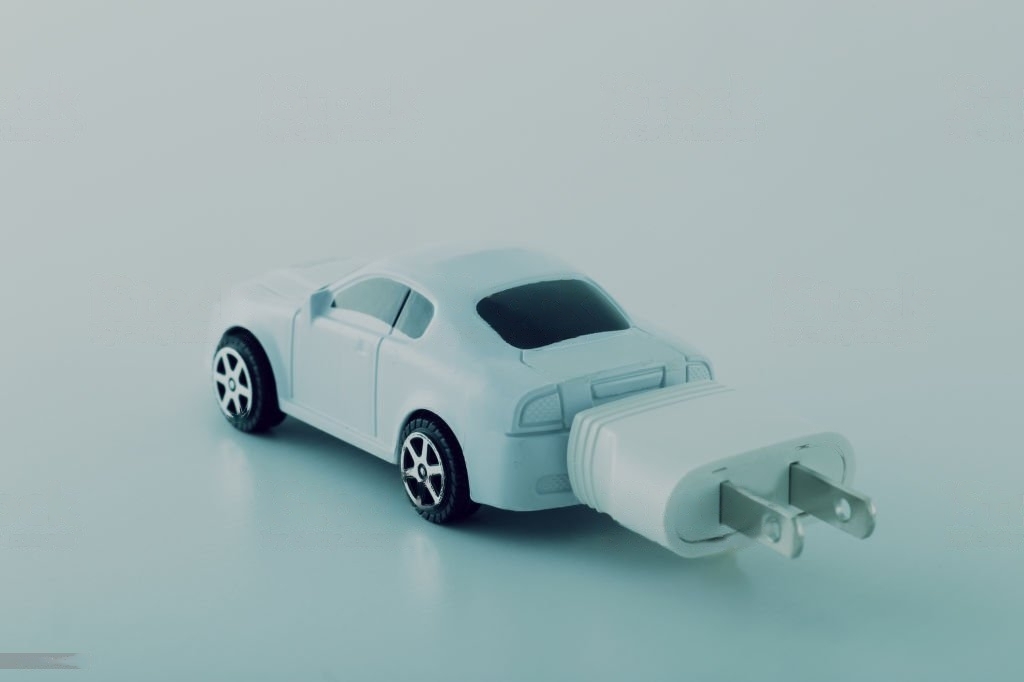Fuel Cell Electric Vehicle
Fuel Cell Electric Vehicles: The Future of Transportation
Fuel cell electric vehicles (FCEVs) are a type of electric vehicle that use hydrogen fuel cells to power the vehicle, instead of traditional batteries. These vehicles have a number of advantages over battery electric vehicles (BEVs) and internal combustion engine vehicles (ICEVs).
Zero Emissions: FCEVs produce only water vapor as a byproduct of their operation, making them a clean and environmentally friendly transportation option.
High Efficiency: Fuel cells are highly efficient at converting the energy in hydrogen into electricity, making FCEVs more efficient than ICEVs.
Long Driving Range: FCEVs can typically travel further on a single tank of hydrogen than BEVs can on a single charge, making them a more practical option for long distance travel.
Refueling: FCEVs can be refueled in a matter of minutes, similar to how traditional gasoline vehicles are refueled, while BEVs can take hours to charge.
Cost: The cost of FCEVs is currently higher than ICEVs, but with advancements in technology and economies of scale, the cost is expected to decrease.

Hydrogen Fuel Cell Automobiles
- Hydrogen fuel cell automobiles are a specific type of FCEV that use hydrogen as the main source of fuel.
- Hydrogen fuel cell cars are considered to be the most promising alternative to gasoline-powered vehicles, as hydrogen can be produced from a variety of sources, including renewable energy.
Fuel Cell Transportation and Mobility
- FCEVs have the potential to revolutionize transportation and mobility, offering a sustainable and clean alternative to traditional gasoline-powered vehicles.
- The use of FCEVs in transportation and mobility can help to reduce the dependence on fossil fuels and decrease carbon emissions.
Fuel Cell Propulsion
- Fuel cell propulsion is the use of a fuel cell to generate electricity, which is then used to power an electric motor.
- Fuel cell propulsion systems are typically more efficient than traditional internal combustion engines, as they convert the energy stored in hydrogen into electricity with a higher efficiency.
